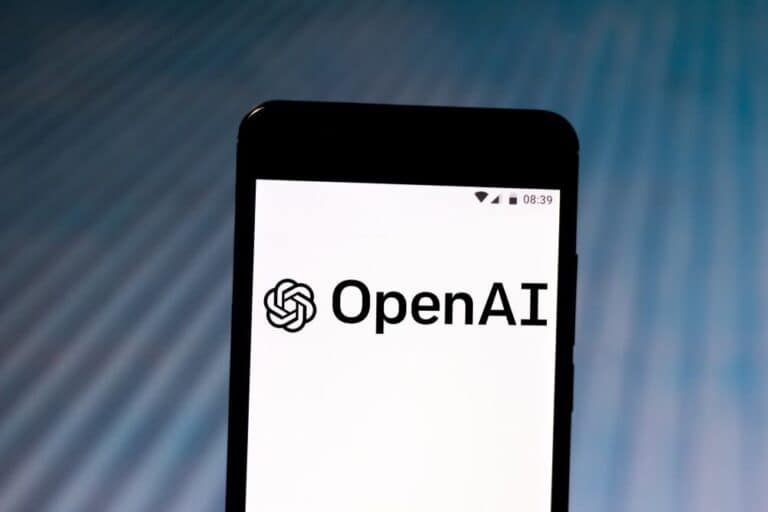OpenAI is investigating the possibility of offering AI infrastructure services to other companies in the future. CFO Sarah Friar said in an interview that the company wants to commercially leverage the knowledge it has gained in designing and setting up data centers.
According to Friar, the expertise gained can be used to process artificial intelligence workloads more efficiently, which could also be of interest to other organizations.
At present, OpenAI is still fully focused on securing sufficient capacity for its models and services. Friar emphasized that there are no immediate plans to launch a commercial infrastructure service, but that she does see it as a serious option for the future. She referred to the example of Amazon, which decided years ago to lease unused server capacity through AWS and has generated billions in revenue as a result.
The scale of the plans is huge. CEO Sam Altman recently indicated that the company is prepared to invest trillions of dollars in the construction of new data centers in the near future. To finance these enormous expenditures, OpenAI is working on new financial structures, although no details have been shared yet. In addition to investors such as Microsoft and Oracle, banks and private equity firms are also reportedly willing to provide debt financing.
OpenAI is also collaborating with SoftBank and Oracle on a large-scale project called Stargate. This involves the construction of enormous data centers in the United States and beyond. The initiative aims to meet the growing demand for computing power for advanced AI applications.
Monthly revenue of $1 billion
Despite its ambitious plans, OpenAI remains loss-making. The costs for chips, servers, and data centers are substantial, but revenue is growing rapidly. In July, the company achieved monthly revenue of $1 billion for the first time. This suggests that the market for ChatGPT and other services is strong enough for the time being to support further investment.
At the same time, OpenAI is exploring a possible share sale for current and former employees at a valuation of around $500 billion. This is significantly higher than the previous valuation of $300 billion during an earlier investment round.
